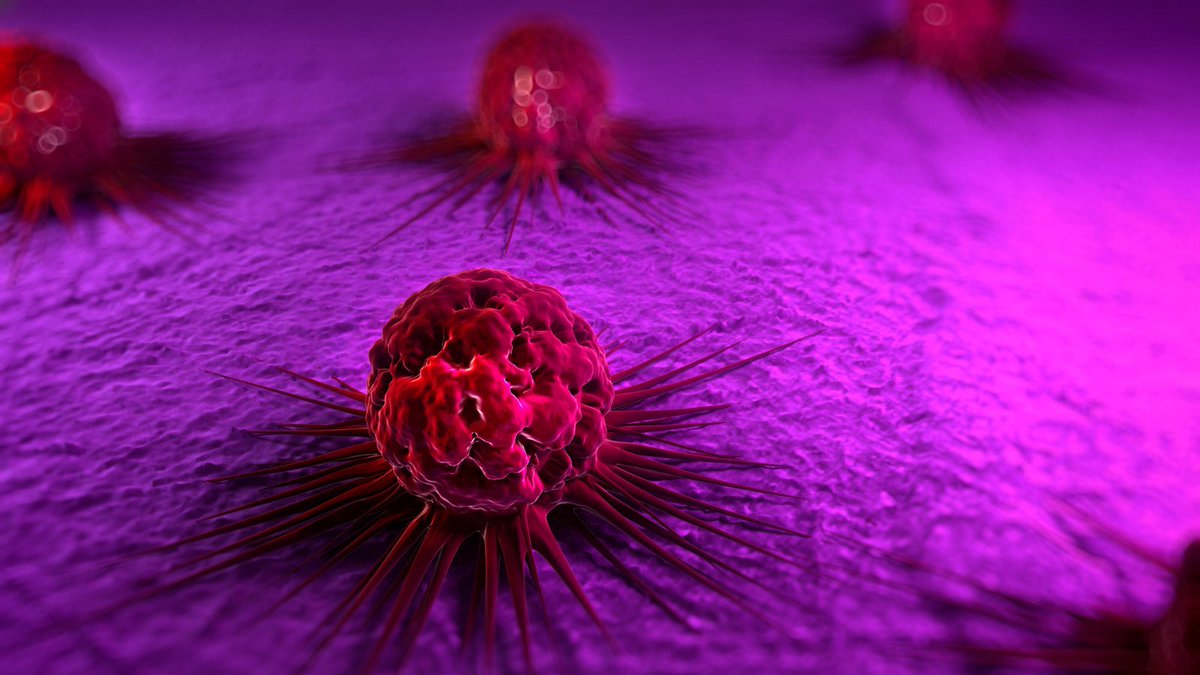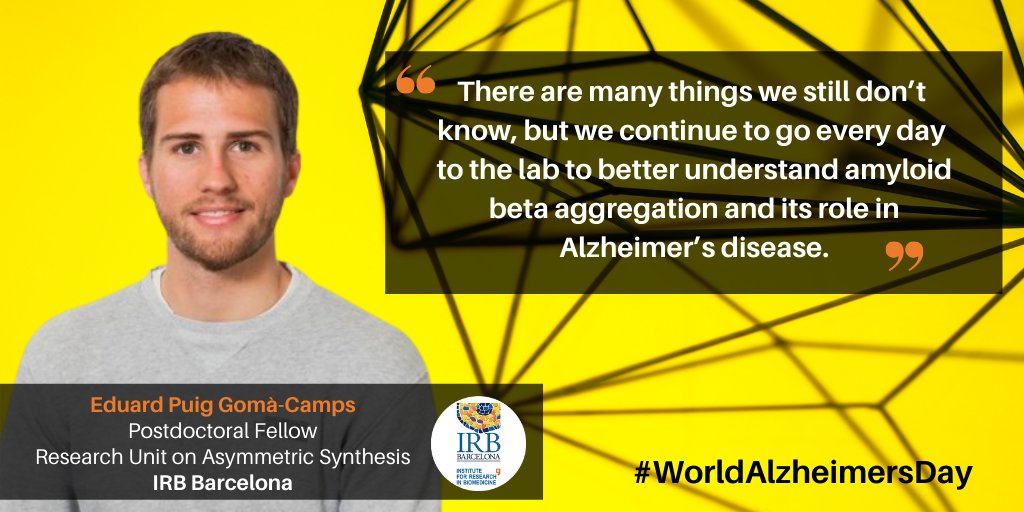Scientists 👨🔬👩🔬 at @IRBBarcelona have selectively eliminated cells in which RAS, an oncogene present in 30% of human cancers, was activated.
Find out more at this thread 👇
Find out more at this thread 👇

The rapid duplication of DNA 🧬 by RAS-expressing cells can lead to errors. Normally, the tumour suppressor protein p53 removes damaged cells, but RAS blocks this capacity. This is precisely the aspect that @MarcoMilanIRB and his team have exploited.
Using the fruit fly #Drosophila melanogaster as a model and TRAMETINIB, a drug prescribed for human melanoma, the researchers inhibited the capacity of RAS to block p53. This approach allowed them to selectively eliminate malignant tumours without affecting fly development. 

The results of the study pave the way to combining irradiation treatments with the administration of RAS pathway inhibitors to eliminate tumour cells.
Find out more about the study published in @CellReports at 👇
irbbarcelona.org/en/news/resear…
Find out more about the study published in @CellReports at 👇
irbbarcelona.org/en/news/resear…

• • •
Missing some Tweet in this thread? You can try to
force a refresh










